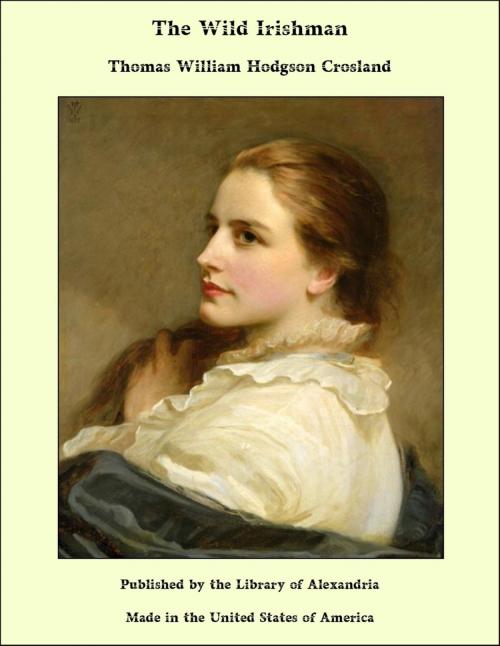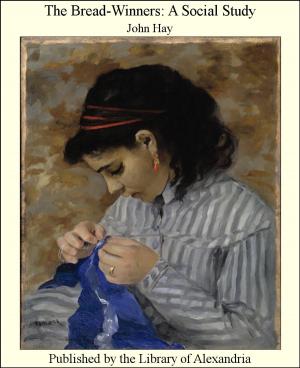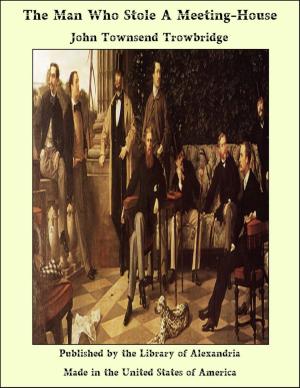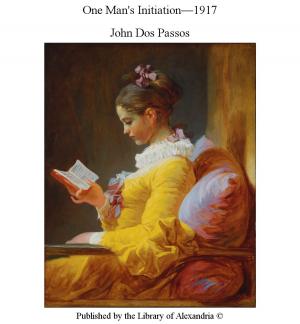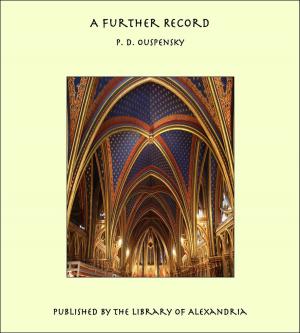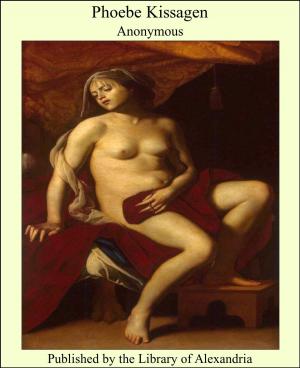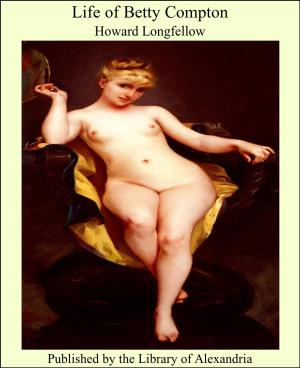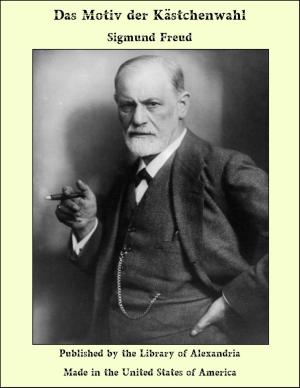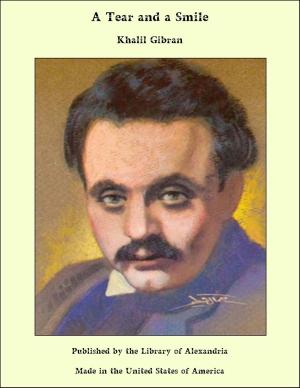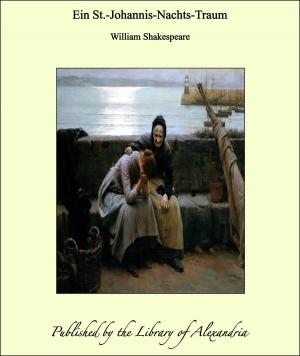| Author: | Thomas William Hodgson Crosland | ISBN: | 9781465622266 |
| Publisher: | Library of Alexandria | Publication: | March 8, 2015 |
| Imprint: | Language: | English |
| Author: | Thomas William Hodgson Crosland |
| ISBN: | 9781465622266 |
| Publisher: | Library of Alexandria |
| Publication: | March 8, 2015 |
| Imprint: | |
| Language: | English |
The person who invented the Irish question may or may not deserve well of his species. In a sense, of course, there has been an Irish question since the beginning of history. But it is only within the last century or so that we have begun to spell it with a big Q. That big Q perhaps attained its largest proportions during the eighties of the last century, and associated, as it usually was, with a capital G, which stood for Gladstone, and a capital P, which stood for somebody else, it certainly did yeoman service wherever a use for letters could be found. At the time of Mr. Gladstone’s Home Rule campaign the existence of a highly insistent Irish question could not be doubted. A good deal of water has flowed under the bridges since then, however, and at the present moment, and in view of the present situation of Irish affairs, one is tempted to wonder whether there now exists, or whether there really has ever existed, an Irish question with a big Q at all. It is true that at the time of writing there is an actual and undesirable famine raging in Connemara. It is true that the population of the country is on the decline, and that the standard of comfort among the people will not bear comparison with the standard of comfort in any other country in the world, unless it be in the poorer and bleaker regions of Kamchatka; and it is true also that Irishmen as a body continue to exercise themselves both at street corners, and on all sorts of platforms, in a habit of rhetoric, which many years of shouting have made second nature with them. For all that, the Irish question as a portentous and vital matter appears to be somewhat played out. One may safely say that in Ireland, at any rate, it has been reduced to an obscurity which allows of its being now spelled with about the smallest “q” in ordinary use among printers. In England it has been allowed to disappear, in favor of the Russo-Japanese War, Protection, and Do We Believe? On the whole, though it no doubt harrows the souls of the horde of carpet-baggers which have come to us out of Ireland, this condition of affairs is exceedingly salutary for Ireland itself. Now that the factions, and the tumult, and the turbulence, and the wrangling have died down, or at least been in large measure abated, the facts about Ireland are for the first time in history beginning, as it were, to swim into our ken. We are beginning to perceive, for example, that out of the quarrels and bloodshed of the past hundred years Ireland has emerged triumphant. It has been a case of a bankrupt, downtrodden and dwindling people’s fight against a rich and powerful dominant people, and the weaker side has proved clearly that in the long run God is on the side of “justice.” To all intents and purposes Ireland is at the present moment in full possession of all that she herself has felt it reasonable to demand. She has the franchise, she has land laws which are almost socialistic in the benefits they offer to the cultivators of the soil, and she has local self-government. More than all, she has herself begun to recognize that the disposition of England toward her is becoming year by year less arrogant, less implacable, less contemptuous, and less severe. It has been said that Erin’s appeals for reasonable treatment at the hands of England have had to be made by violence of the most brutal and terrorizing kind. She has stood before us with the head of a landlord in one hand and the tail of a cow in the other, and screamed till we gave her what she wanted. And always in a large measure we have succumbed.
The person who invented the Irish question may or may not deserve well of his species. In a sense, of course, there has been an Irish question since the beginning of history. But it is only within the last century or so that we have begun to spell it with a big Q. That big Q perhaps attained its largest proportions during the eighties of the last century, and associated, as it usually was, with a capital G, which stood for Gladstone, and a capital P, which stood for somebody else, it certainly did yeoman service wherever a use for letters could be found. At the time of Mr. Gladstone’s Home Rule campaign the existence of a highly insistent Irish question could not be doubted. A good deal of water has flowed under the bridges since then, however, and at the present moment, and in view of the present situation of Irish affairs, one is tempted to wonder whether there now exists, or whether there really has ever existed, an Irish question with a big Q at all. It is true that at the time of writing there is an actual and undesirable famine raging in Connemara. It is true that the population of the country is on the decline, and that the standard of comfort among the people will not bear comparison with the standard of comfort in any other country in the world, unless it be in the poorer and bleaker regions of Kamchatka; and it is true also that Irishmen as a body continue to exercise themselves both at street corners, and on all sorts of platforms, in a habit of rhetoric, which many years of shouting have made second nature with them. For all that, the Irish question as a portentous and vital matter appears to be somewhat played out. One may safely say that in Ireland, at any rate, it has been reduced to an obscurity which allows of its being now spelled with about the smallest “q” in ordinary use among printers. In England it has been allowed to disappear, in favor of the Russo-Japanese War, Protection, and Do We Believe? On the whole, though it no doubt harrows the souls of the horde of carpet-baggers which have come to us out of Ireland, this condition of affairs is exceedingly salutary for Ireland itself. Now that the factions, and the tumult, and the turbulence, and the wrangling have died down, or at least been in large measure abated, the facts about Ireland are for the first time in history beginning, as it were, to swim into our ken. We are beginning to perceive, for example, that out of the quarrels and bloodshed of the past hundred years Ireland has emerged triumphant. It has been a case of a bankrupt, downtrodden and dwindling people’s fight against a rich and powerful dominant people, and the weaker side has proved clearly that in the long run God is on the side of “justice.” To all intents and purposes Ireland is at the present moment in full possession of all that she herself has felt it reasonable to demand. She has the franchise, she has land laws which are almost socialistic in the benefits they offer to the cultivators of the soil, and she has local self-government. More than all, she has herself begun to recognize that the disposition of England toward her is becoming year by year less arrogant, less implacable, less contemptuous, and less severe. It has been said that Erin’s appeals for reasonable treatment at the hands of England have had to be made by violence of the most brutal and terrorizing kind. She has stood before us with the head of a landlord in one hand and the tail of a cow in the other, and screamed till we gave her what she wanted. And always in a large measure we have succumbed.
